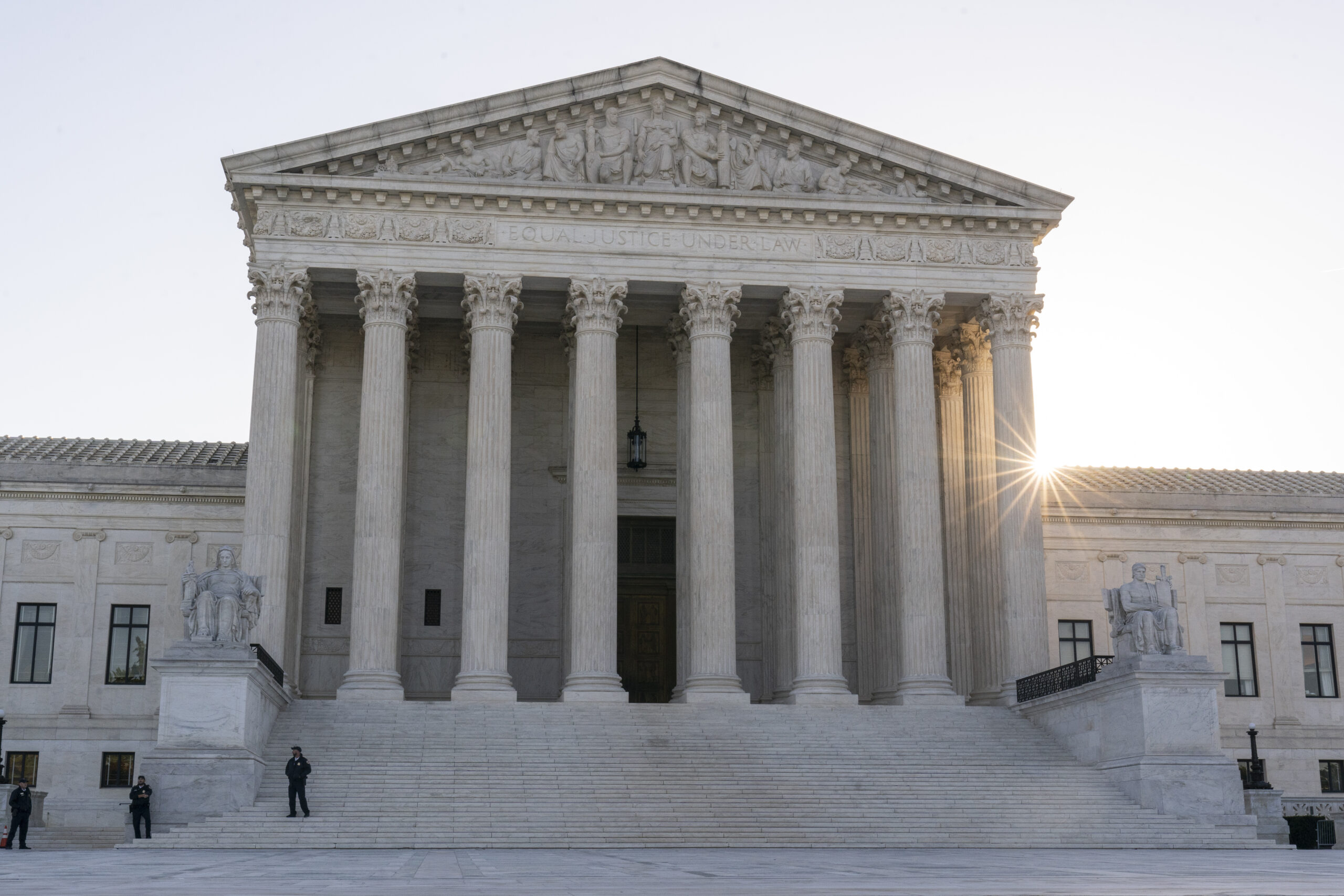A blow to diversity: Supreme Court restricts Affirmative Action in college admissions

In a major shift for American higher education, the Supreme Court on Thursday restricted the use of affirmative action in college admissions. This overturns decades of precedent that allowed race to be considered in the effort to diversify college campuses.
The court’s decision was passed in a 6-3 ruling against affirmative action policies at Harvard University and the University of North Carolina at Chapel Hill. Chief Justice John Roberts led the conservative majority’s opinion, drawing criticism from liberal members of the court. In his view, admissions decisions should focus on “challenges bested, skills built, or lessons learned” rather than the color of an applicant’s skin.
President Biden expressed strong disagreement with the court’s decision, arguing that it deviates from established norms. “This is not a normal court,” he stated, adding that adversity faced by students should be considered during the admissions process. “I’ve always believed that one of the greatest strengths of America … is our diversity,” Biden added.